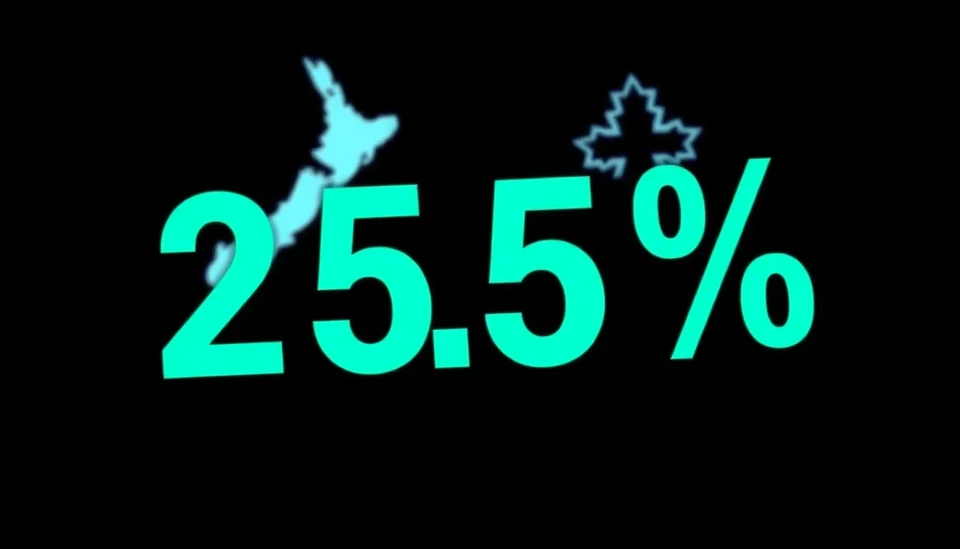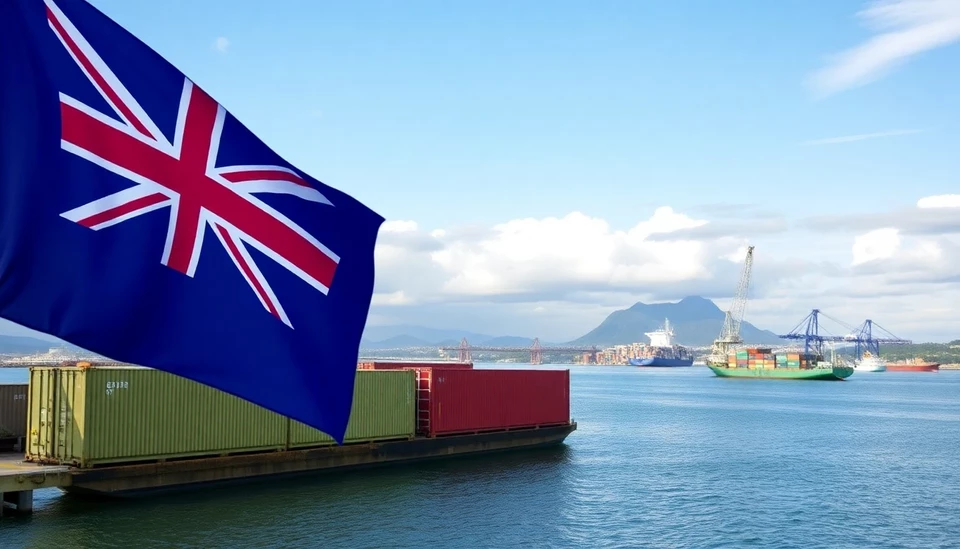
According to Bloomberg, New Zealand's labor pool growth is slowing down considerably, mostly because of skilled workers fleeing the country. The most recent figures show a worrying trend for the nation's economy: the labor force participation rate is continuing to fall.
That is particularly alarming in light of the fact that a situation has arisen at a time when the country is trying to stand on its feet against the economic impact wrought by the COVID-19 pandemic. While the economy of the country stands relatively stable, the nation cannot hold onto its skilled human resource, which increasingly leaves the country in search of greener pastures elsewhere.
Immigration trends in New Zealand have reversed in the last few months, with an astonishing rise in the number of citizens leaving the country. This migrant wave mainly consists of highly skilled younger professionals seeking better jobs and living standards. Because of this, many sectors such as technology, health, and engineering are plagued by severe skill shortages.
With the latest release, the growth in the labor force was significantly lower compared to previous years' performance. For analysts, this has made them speculate that if this is the case, then the economic recovery and long-term growth prospects of the country would be significantly derailed. Already, local businesses have begun to feel a pinch, as many report difficulties in filling vacancies, which subsequently dampens productivity and innovation.
Experts are calling on the government to immediately take measures to stop the leak and make New Zealand both an attractive destination for locals and internationally skilled professionals by offering immigration policy reforms through improved living conditions to competitive salaries to upskilling of the local workforce.
At the same time, the government is being encouraged to give reason for the retention of existing workers by improving working conditions, providing professional development opportunities, and ensuring wages keep up with the cost of living. There are also efforts to make New Zealand a country of choice for expatriates wishing to return home in order to try and offset the demographic exodus.
New Zealand is a country of scenic beauty and high living standards, but all the current labor market difficulties detract from these positive features. As the political scene starts to warm up in preparation for upcoming elections, labor market strategies will no doubt play a major role in party programs and debates, given the high stake that they involve.
New Zealand has come to a fork in the road. Decisions made now about labour policies will have far-reaching consequences. As the government and businesses come to terms with the scale of the problem, the particular challenge is how to create an environment which attracts, but more importantly retains, the skilled workforce necessary to underpin economic growth in a sustainable manner.
#NewZealand #LaborMarket #SkilledWorkers #Economy #Workforce #Migration #EconomicRecovery #GovernmentPolicy #JobMarket #BloombergNews
Author: Daniel Foster




